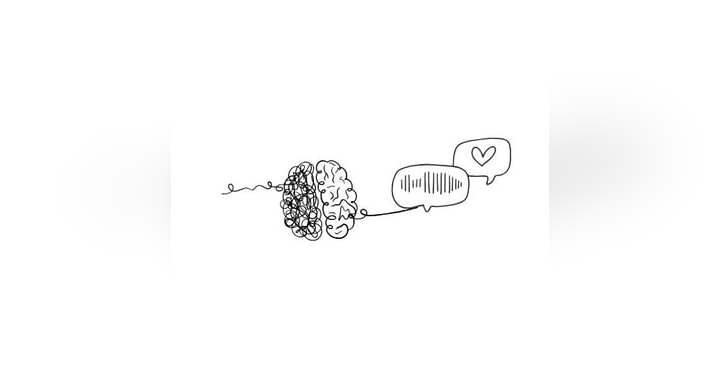Coping Skills for Postpartum Depression and Anxiety
Introduction
Postpartum depression and anxiety are common experiences that affect many new mothers. These conditions can range from mild to severe and can significantly impact a woman's physical, emotional, and social well-being. While it's essential to seek professional help if you're experiencing symptoms, there are also many practical coping skills you can practice to manage your symptoms and promote emotional well-being.
In this blog post, we'll discuss various coping skills for postpartum depression and anxiety, including self-care techniques, therapy, and support groups. We'll also explore ways to reclaim your identity and embrace motherhood while navigating these challenges.
Listen to our related podcast episode here.
Practical Coping Skills for Managing Symptoms
Self-Care Strategies for Emotional Well-Being
- Get enough sleep: Aim for 7-9 hours of sleep each night, which can be challenging with a newborn but crucial for your physical and mental health.
- Eat healthy foods: Nourish your body with nutritious meals and snacks to support your physical and emotional well-being.
- Exercise regularly: Physical activity releases endorphins, which have mood-boosting effects.
- Practice relaxation techniques: Deep breathing, yoga, or meditation can help reduce stress and anxiety.
- Take some time for yourself: Find small moments throughout the day to engage in activities you enjoy, such as reading, listening to music, or taking a warm bath.
The Importance of Therapy and Support Groups
Therapy can provide a safe and supportive space to process your emotions, develop coping mechanisms, and create a plan for recovery. It's essential to find a therapist who specializes in postpartum mental health and has a good understanding of the unique challenges you face as a new mother.
Support groups offer a sense of community and validation. Connecting with other women who have experienced similar challenges can provide emotional support and practical advice.
Reclaiming Your Identity and Embracing Motherhood
Becoming a mother can be a transformative experience that challenges your sense of identity. It's important to remember that you still are you just because you're a mother. Allow yourself time to adjust to your new role and find ways to balance motherhood with your own needs and interests.
Engage in activities that bring you joy and fulfillment, whether it's spending time with friends, pursuing hobbies, or working on personal goals. It's not selfish to put yourself first; you're a better mother when you're taking care of yourself too.
Additional Resources and Support for New Mothers
In addition to the coping skills and resources discussed above, there are additional support systems available for new mothers:
- Postpartum doulas: These professionals provide practical and emotional support in the postpartum period.
- Lactation consultants: They can assist with breastfeeding challenges and provide emotional support.
- Online support groups: Numerous online communities offer support and resources for new mothers.
- National Alliance on Mental Illness (NAMI): This organization provides free support, education, and resources for individuals and families affected by mental illness.
Conclusion
Navigating postpartum depression and anxiety can be challenging, but it's important to remember that you're not alone. By practicing coping skills, seeking professional help when needed, and connecting with support networks, you can manage your symptoms and reclaim your emotional well-being. Remember that you're a strong, capable woman, and with the right support and self-care, you can thrive as a mother and an individual.













